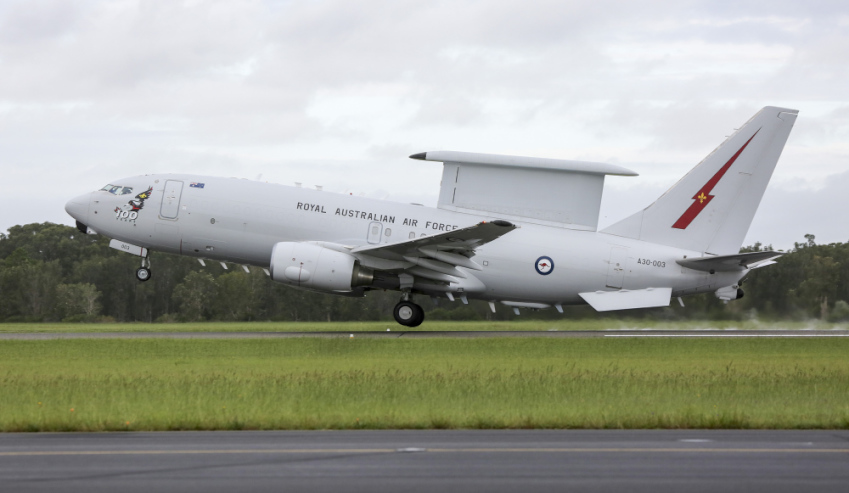Aerospace giant Boeing is working with the Regional Development Australia Hunter chapter to help develop the next generation science, technology, engineering and mathematics (STEM) workforce.
According to the Foundation for Young Australians’ (FYA) report series, The New Work Order, employers are paying a premium for people with skills in digital literacy, critical thinking, creativity and teamwork. These so-called enterprise skills are quickly becoming the ‘new basics’ and will soon be essential for securing employment.
RDA Hunter’s STEM workforce manager, Rick Evans, observes that “on-the-job training is increasingly prevalent in the Hunter because of the highly technical, niche projects currently underway here”.
“Companies are looking for young people with the right combination of skills – people that have STEM knowledge, but that are also able to adapt, work in teams and think critically about solutions to problems we haven’t had to solve before. Our programs are focused on building these skills in addition to technical knowledge,” Evans said.
Launched in 2017 as part of RDA Hunter’s most mature STEM program, ME, STEM-Ex was established to funnel students who show the right combination of skills into Hunter industries that need them. It exposes students to the role enterprise skills play in successful project delivery by embedding them in real project teams.
“STEM-Ex presents a unique opportunity to engage students at a pivotal point in their lives and inspires them to pursue STEM-based careers. Industry partners are absolutely critical to the success of this program. The quality companies we partner with has increased the activity’s popularity with students and is the reason we’ve had to introduce a competitive entry system,” Evans said.
Global aerospace giant Boeing has a strong but unassuming presence in the Hunter, sustaining and upgrading the Royal Australian Air Force’s fleet of F/A-18A/B Classic Hornets and E-7A Wedgetail aircraft, and training the Airforce crew to fly the E-7A and mission system crew to operate the E-7A.
According to Matt Sprakel, Boeing Defence Australia’s (BDA) Classic Hornet chief engineer and Boeing’s STEM-Ex lead in the Hunter, the aerospace industry will be highly active for at least 50 years in the Hunter region and companies like Boeing will continue to have a requirement for skilled people.
Sprakel said, “We maintain a large workforce in the Hunter that has a diverse range of skills and qualifications. For the foreseeable future we’ll need people with the technical and non-technical skills to work in teams on some of the most challenging and complex sustainment and development programs for the Australian Defence Force."
In 2018, STEM-Ex will connect 35 students in years 11 and 12 from Hunter high schools with Defence prime contractors and defence industry in the Hunter. Students studying STEM subjects in years 11 and 12 are invited to nominate for week-long placements at participating Hunter companies. Host companies embed students in their ‘real’ project teams and immerse them in actual project work.
Boeing Defence Australia hosted students from Cessnock High School and Hunter River High School last month. Students were placed with Boeing’s Wedgetail in-service support team and the FA-18 Classic Hornet sustainment support team at RAAF Base Williamtown to gain an introduction to the world of aerospace.
“I think it’s a great takeaway message for students visiting us. Boeing is an exciting place to work – we’re delivering internationally significant projects and there are so many opportunities. But it’s important that young people understand that a career with Boeing is flexible – there are options and often where you start with the company can be very different to where you end up,” Sprakel said.
The Hunter has a long list of important long-term defence contracts currently underway. With projects slated to continue until at least 2070, the ongoing demand for good staff is high. Defence primes and downstream industry are competing for the small pool of skilled people available in the region – which isn’t ideal.
“We’re working on an industry-wide, collective approach to getting the right people into the sector as a whole. Jobs are available at all levels so we’re banding together and working with RDA Hunter and local schools on activities like STEM-Ex to help build the workforce we need,” Sprakel said.


